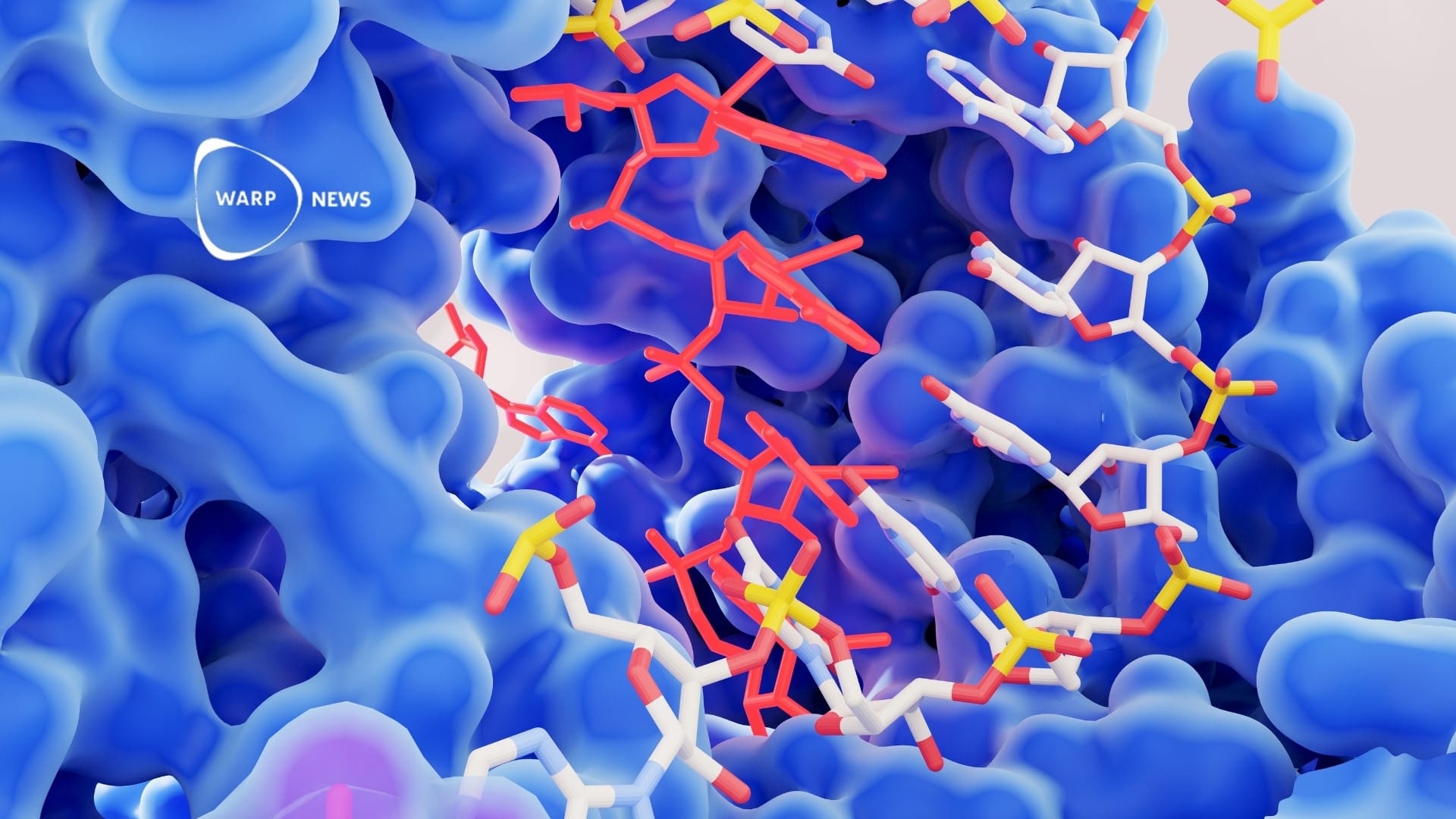
🐭 Biotech company extends lifespan of mice through cell reprogramming
Gene therapy extended the life of old mice by seven percent, by transforming old cells into youthful cells.
Share this story!
A small biotechnology company has used a technique called reprogramming to rejuvenate old mice and extend their lives, according to MIT Technology Review.
This suggests that older humans may one day be able to turn back their biological clocks with an injection and literally become younger.
Extended lifespan in mice treated with gene therapy
San Diego-based Rejuvenate Bio, which conducted the study, presents its results in a paper that has not yet been reviewed by other experts. The company used gene therapy to introduce three powerful reprogramming genes to mice whose age corresponded to that of a 77-year-old human.
After treatment, their remaining lifespan doubled. Treated mice lived an average of 18 additional weeks, while mice in the control group died within nine weeks. In total, the treated mice lived about 7 percent longer.
Possible proof of concept for age reversal
Although the increase in lifespan was moderate, Rejuvenate Bio believes that the research shows that age reversal is possible. "This is a powerful technique, and here is proof of concept," says Noah Davidsohn, the company's scientific director. "I wanted to show that it is actually something we can do in our aging population."
Reprogramming as a fountain of youth
The possibility that reprogramming could be a fountain of youth has led to a research and investment boom. One company, Altos Labs, says it has raised over $3 billion.
Reprogramming is performed by exposing individual cells to a number of proteins that are typically active in early embryos. After several days of treatment, even old cells are transformed into youthful stem cells.
Advances towards human rejuvenation
Rejuvenate is currently working to develop gene therapy drugs for pets and humans, including a drug to treat heart failure. But Davidsohn believes that it will eventually be possible to rejuvenate humans. "I wouldn't be working on it if I didn't believe it," he says.
More information is needed to understand what changes the reprogramming genes cause in mice, and researchers say that other groups must repeat the experiment before they are convinced.
"I would like to see a separate group do something similar and delve deeper into what actually happens," says Martin Borch Jensen, creator of Impetus Grants, an organization that funds aging research.
By becoming a premium supporter, you help in the creation and sharing of fact-based optimistic news all over the world.


